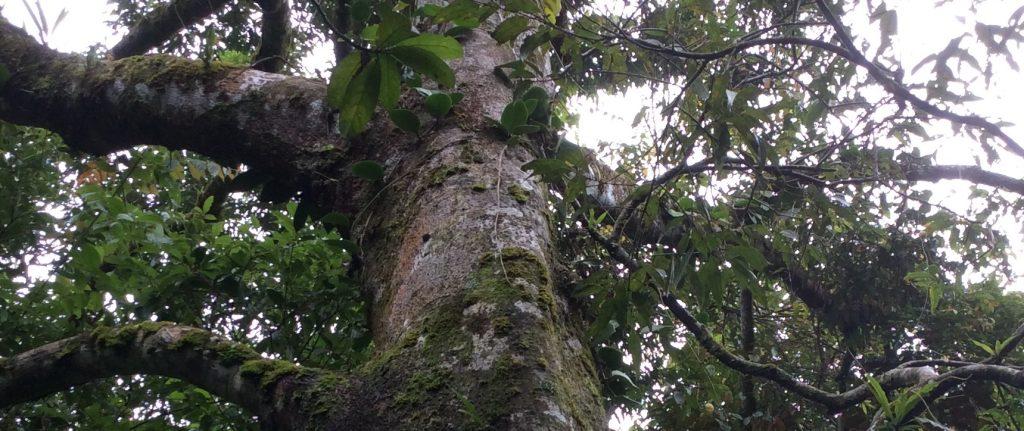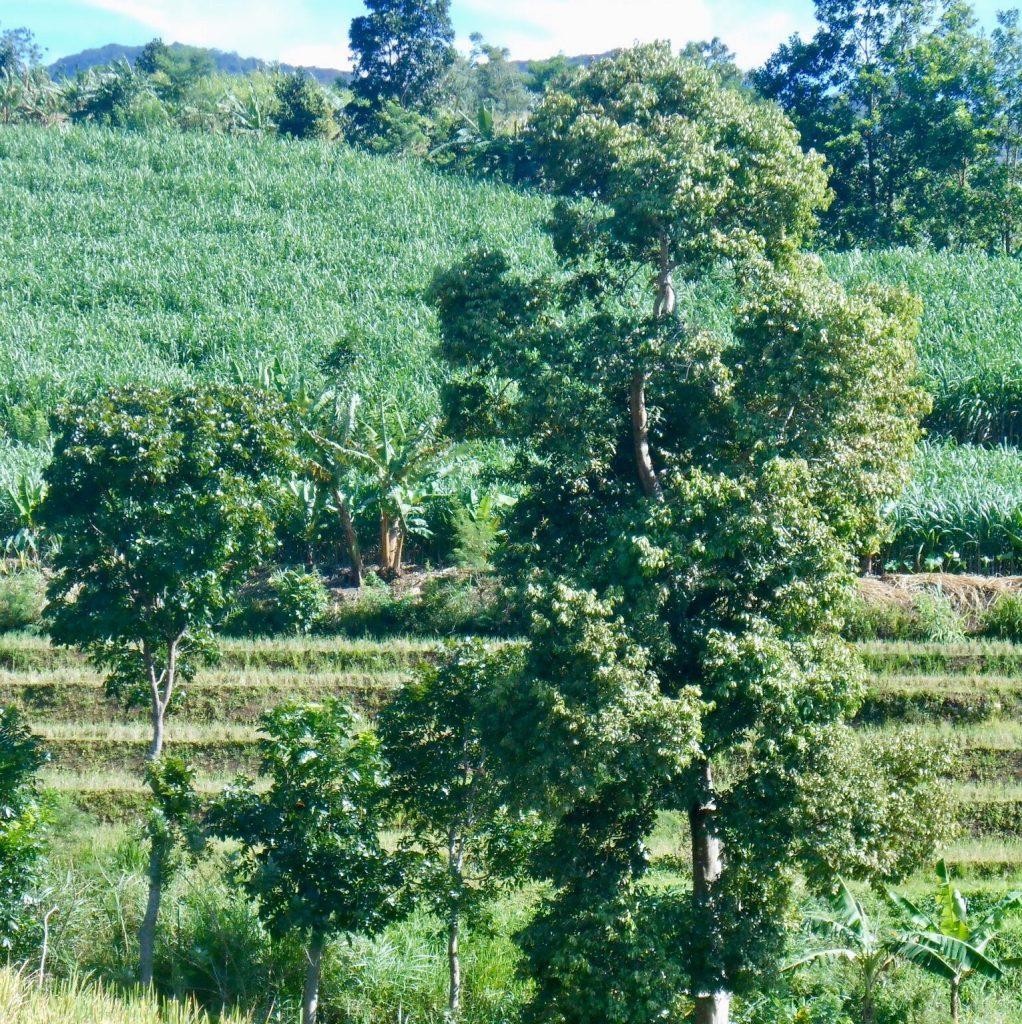
Conservation
In the future, we hope to bring in other business models to incentivize the farmers to plant and protect he Philippine cinnamon, like generating payments from carbon credits, getting crowdfunded from planting and nurturing the Philippine cinnamon, and exchanging the planting of Philippine cinnamon for computers and internet access for their children
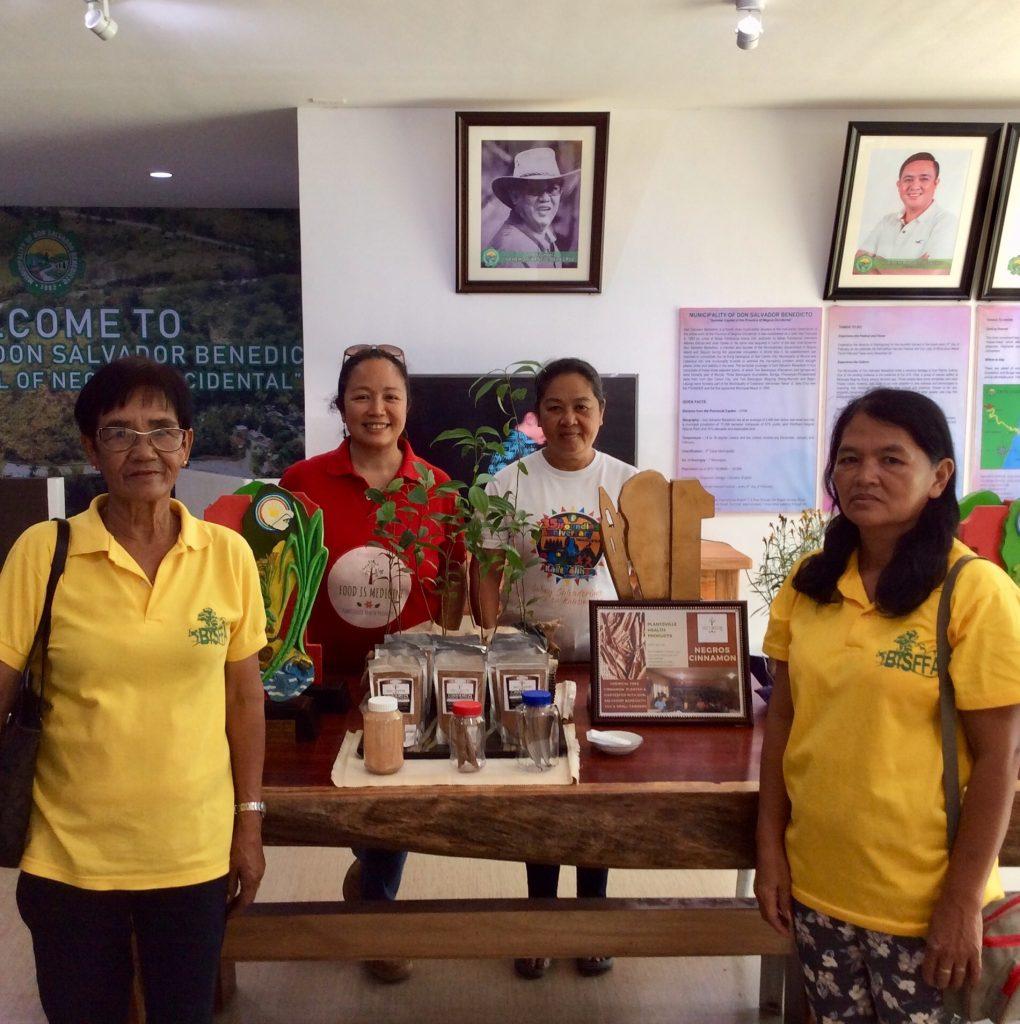
Livelihood
I met with the small farmers, who despite having some Philippine cinnamon in their land, do not know that it is a valuable tree. Some even cut it down and make it as charcoal (“uling”). At that time, the farmers have signified that there were 50 remaining trees in the town. The farmers were convinced, and, together with me, we wrote to the Local Government Unit (LGU) of Don Salvador Benedicto and sought funding. The fund was granted, and the farmers were able to plant 14,000 Philippine cinnamon seedlings.
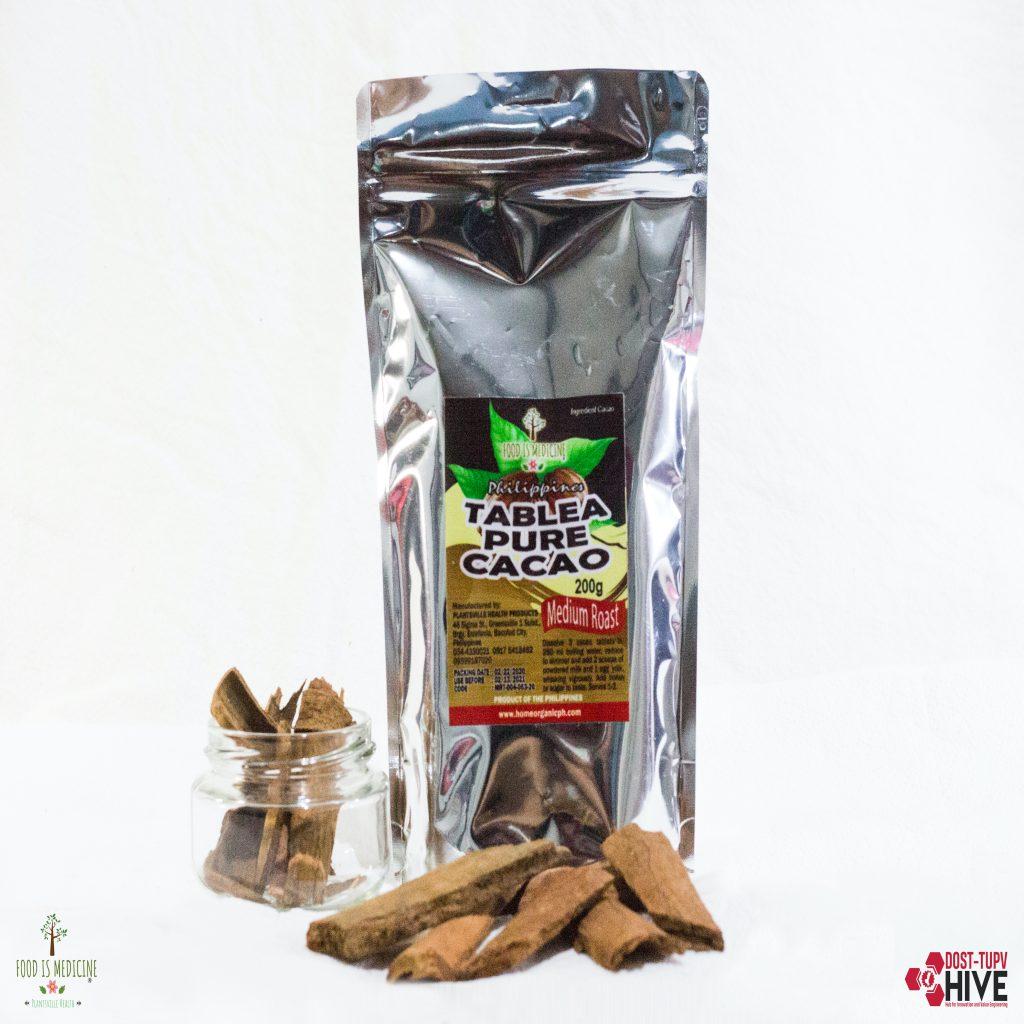
Health
Plantsville has so far developed the processing for the Philippine cinnamon bark in chip form, mixed the cinnamon powder into naturally grown (organic) coconut sugar for a low-glycemic and aromatic sweetener.
Community
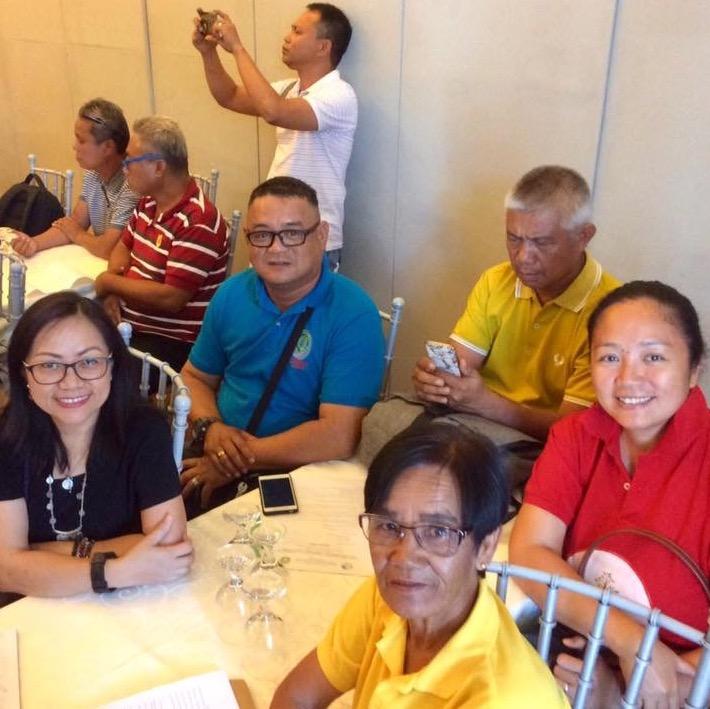
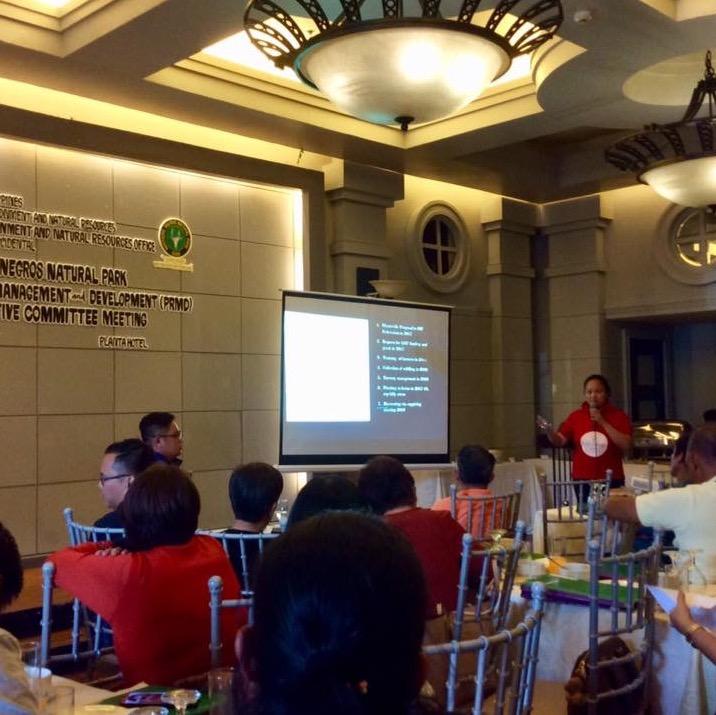
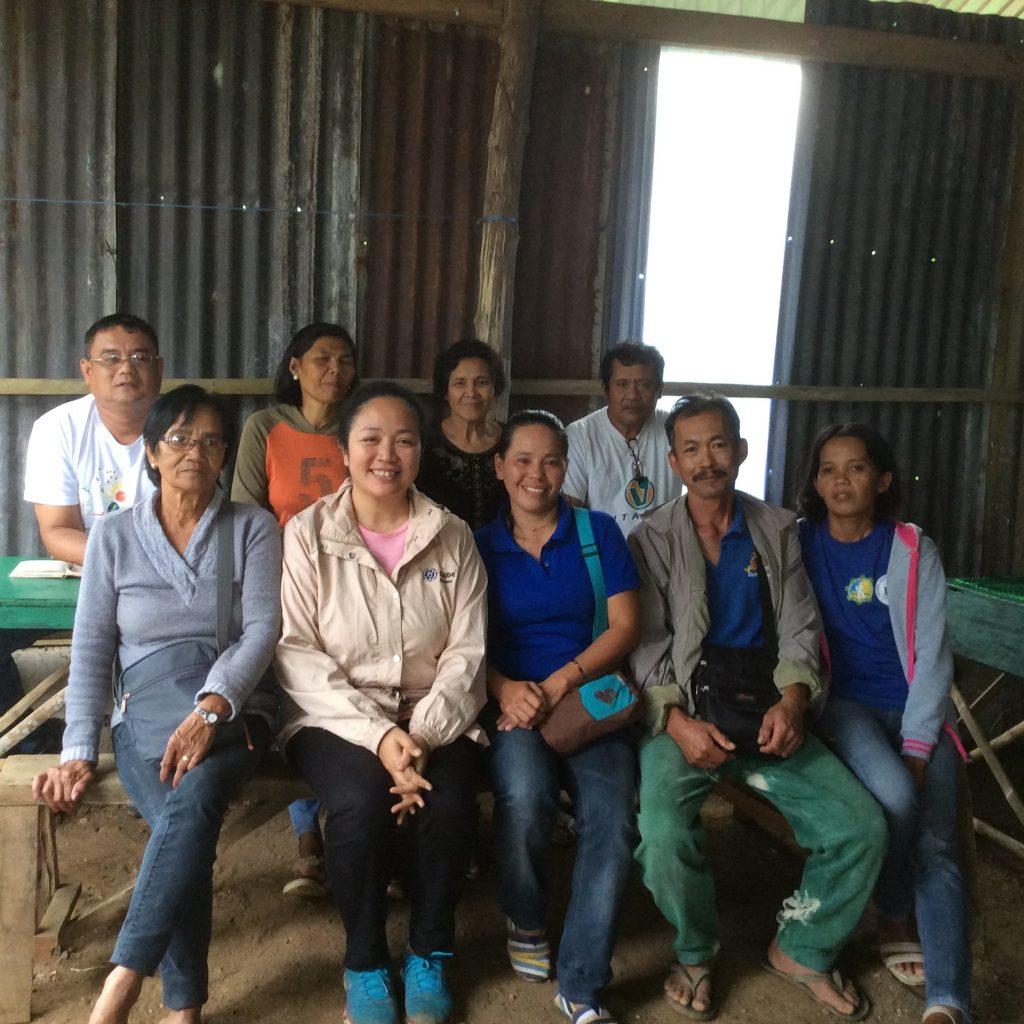
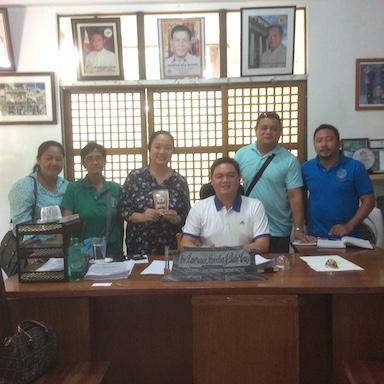
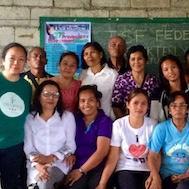
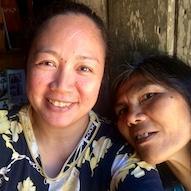
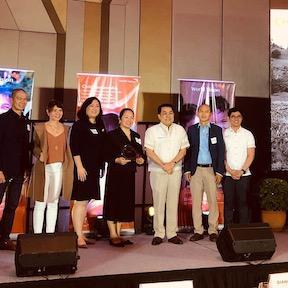
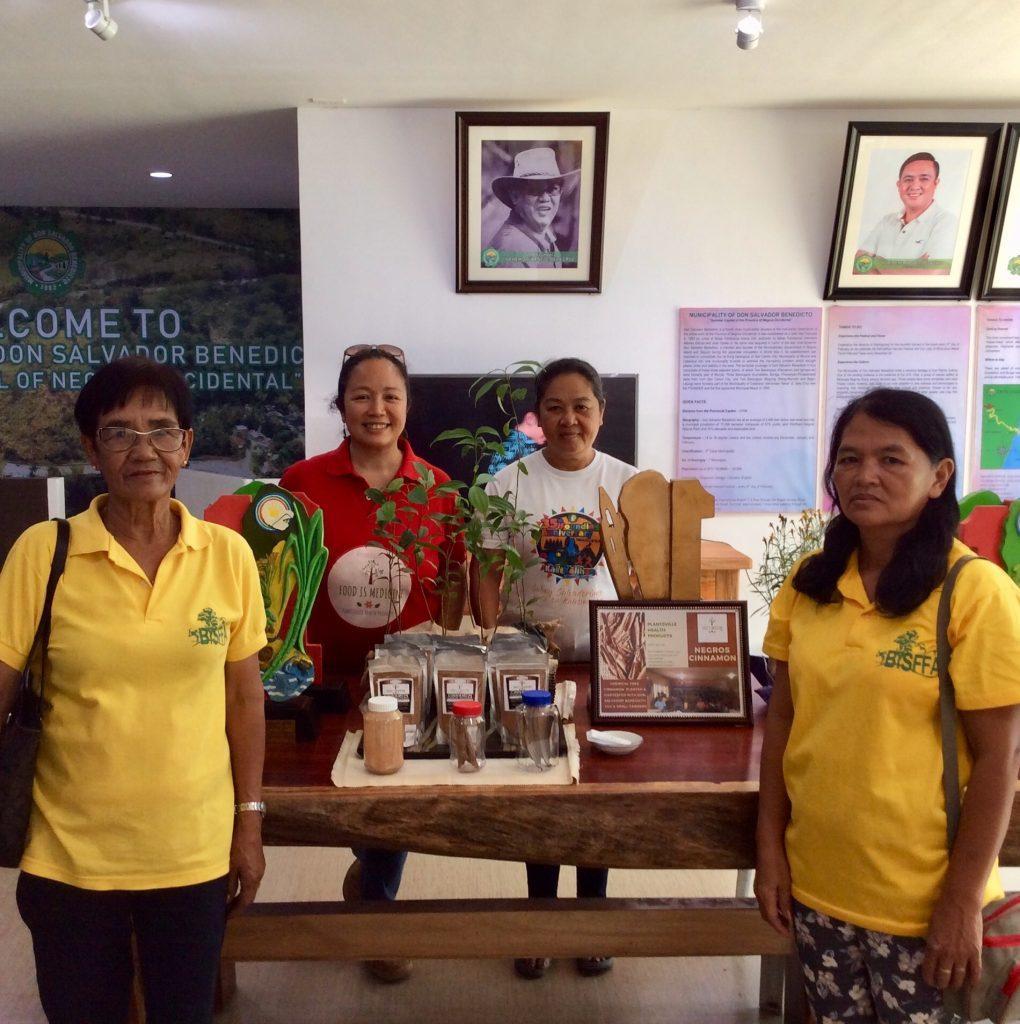
Press
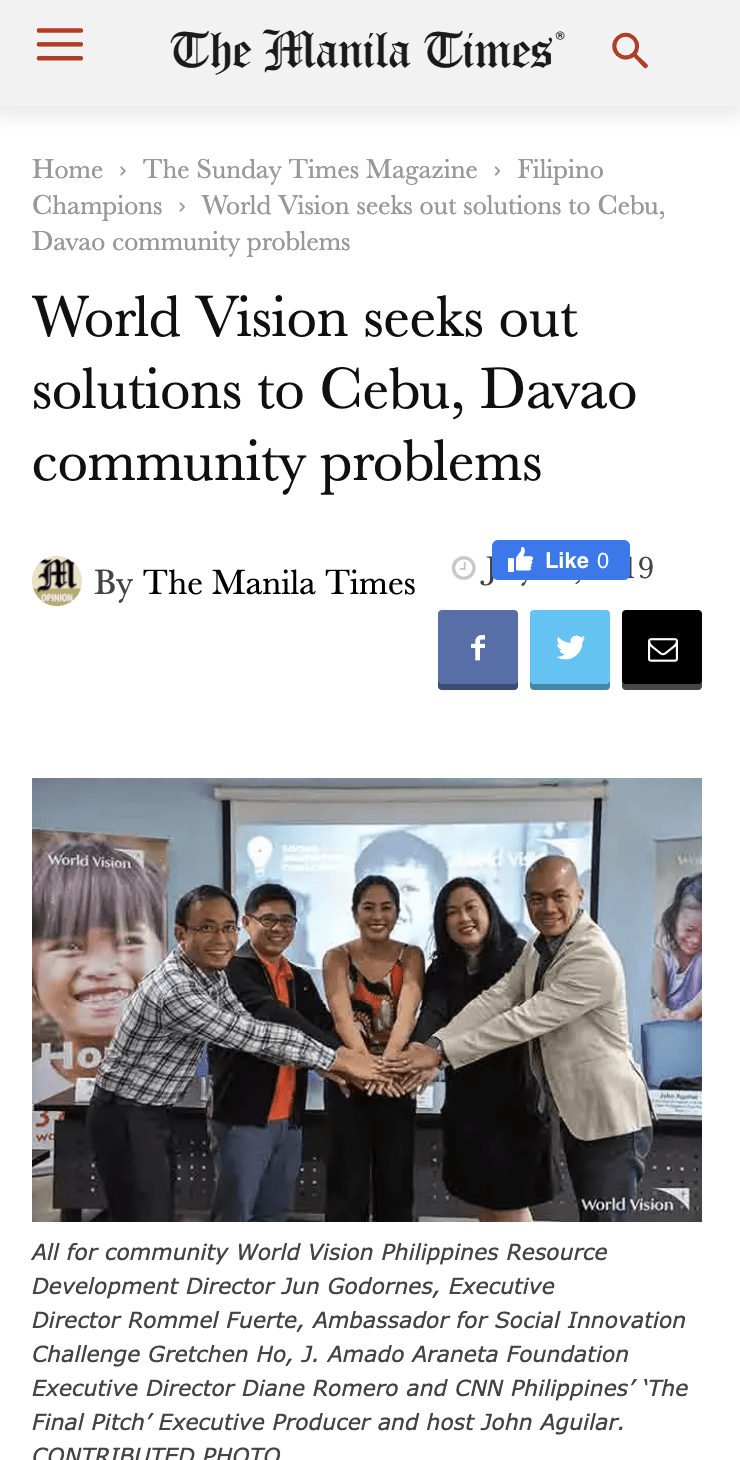
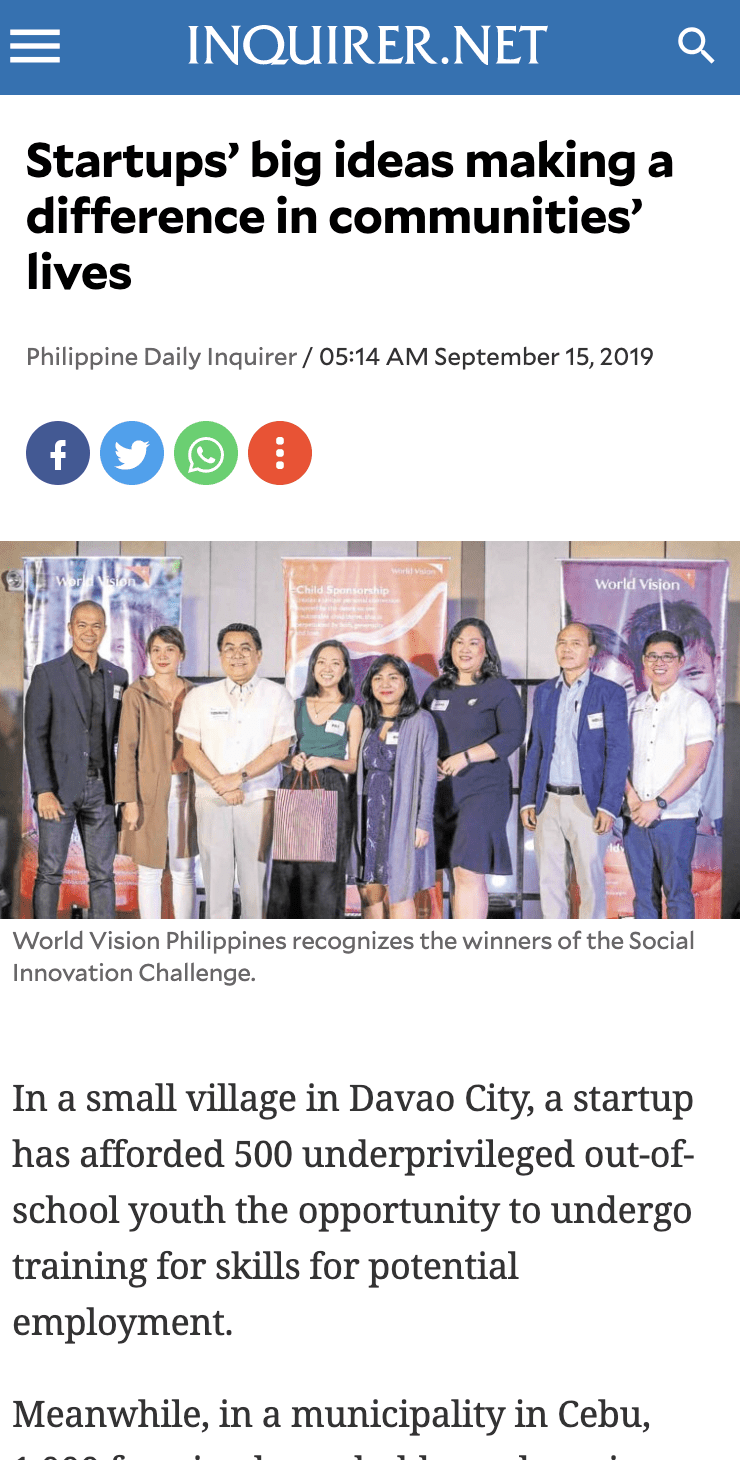
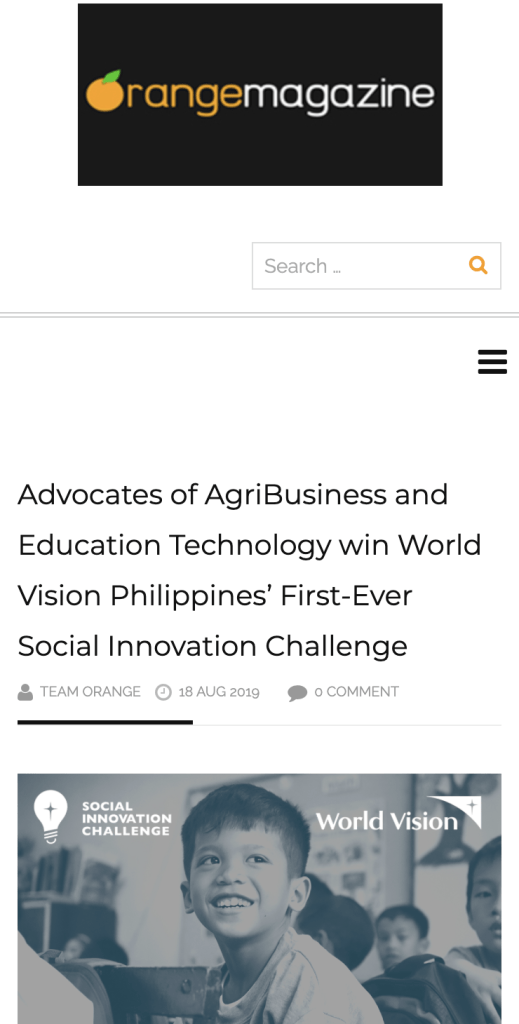
Partners

TUPV-Hive
– Subsidized locator start-up offices, free use of available facilities and equipment within HIVE
– Access to TUPV campus facilities and services for product research and prototyping
– Mentorship from the TUPV community (faculty, alumni, partners)
– Networking events and Investor Pitching
– Legal counselling and Intellectual Property management
– Business Development support and Marketing assistance
– Administrative Support
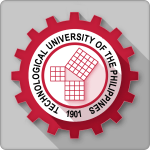
TUPian
– Processing facility at the TUPV – Jesus Montinola Resource and Research Center at Barangay Matab-ang, Talisay City, Negros Occidental
– Investment to improve the facility and make it compliant to Food and Drug Administration (FDA) standards
– Intellectual Property training and consultation
– Research and product development

World Vision Philippines
Plantsville Health won first place at the first ever Social Innovation Challenge by World Vision Philippines, and they are in partnership on the planting of the Philippine cinnamon and set-up of bee hives in Sogod town in Cebu province. Plantsville provides its experiences and learnings, and it will also buy the produce of the youth farmers.
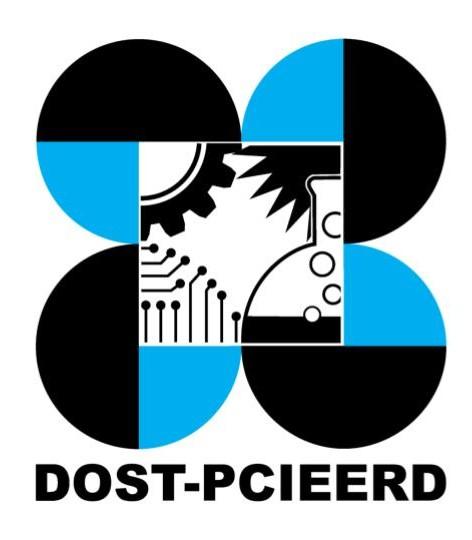
Plantsville Health was awarded a research and development grant under the Women Helping Women Innovating Social Enterprises (WHWise) to optimize the production of Philippine cinnamon planting materials and natural products. We have built a Good Manufacturing (GMP) compliant processing facility, a 200 kg distiller, and a 100 kg solar tunnel dryer, and developed a protocol to mass propagate the cinnamon using cuttings.
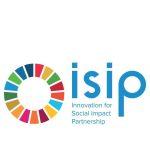
Innovation for Social Impact Partnership
Plantsville Health qualified and joined the ISIP Boost Camp in 2020, along with 29 other social enterprises in the Philippines. https://www.bworldonline.com/sparkup-community-phildevs-isip-project-holds-impact-boot-camp-for-social-enterprises/
Farmer Organizations
Integrated Social Forestry (ISF) farmer organizations in 7 barangays in Don Salvador Benedicto town. Currently, there are 76 farmers planting the Philippine cinnamon.

